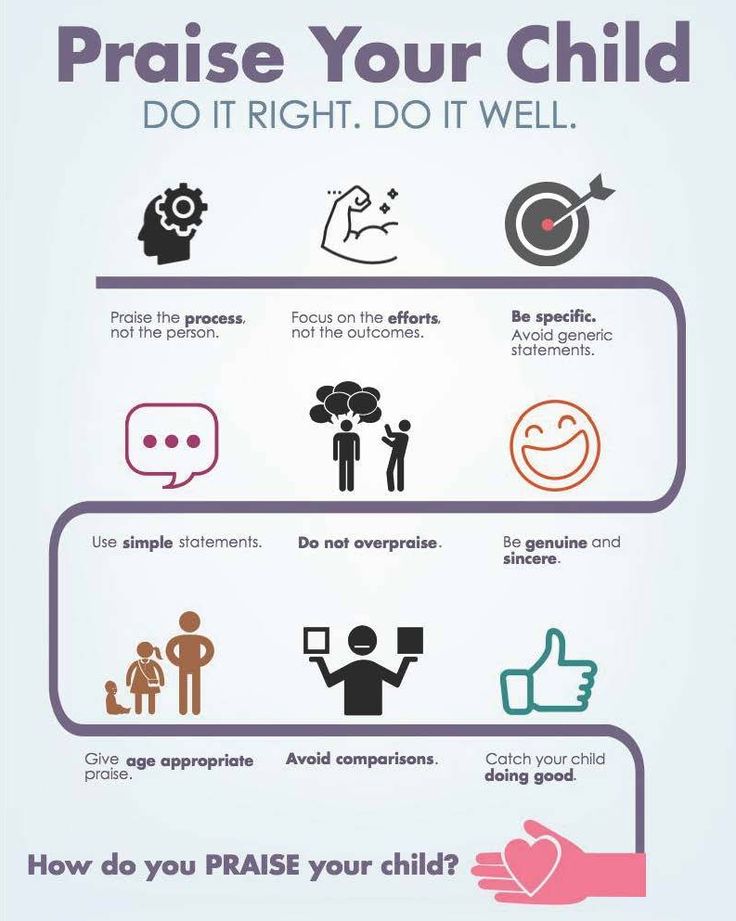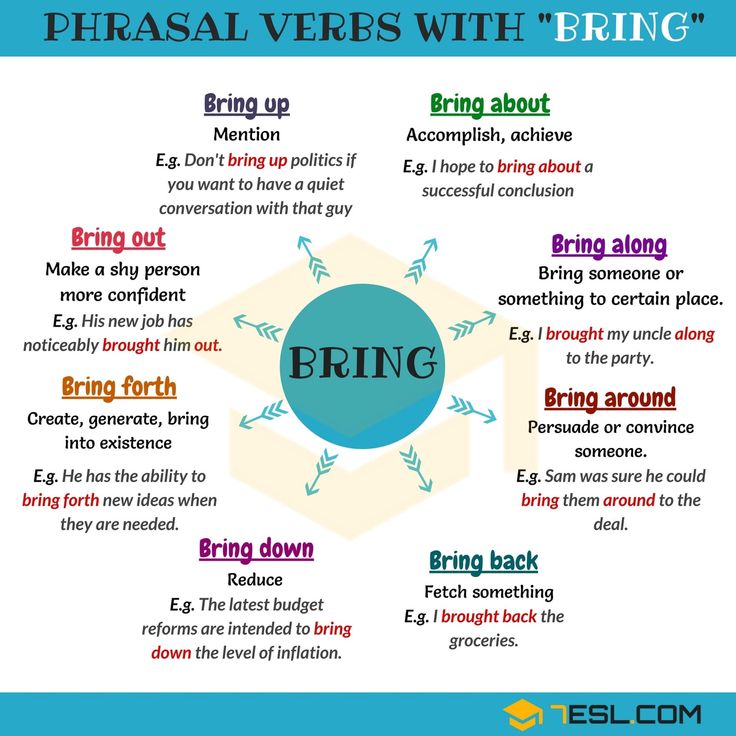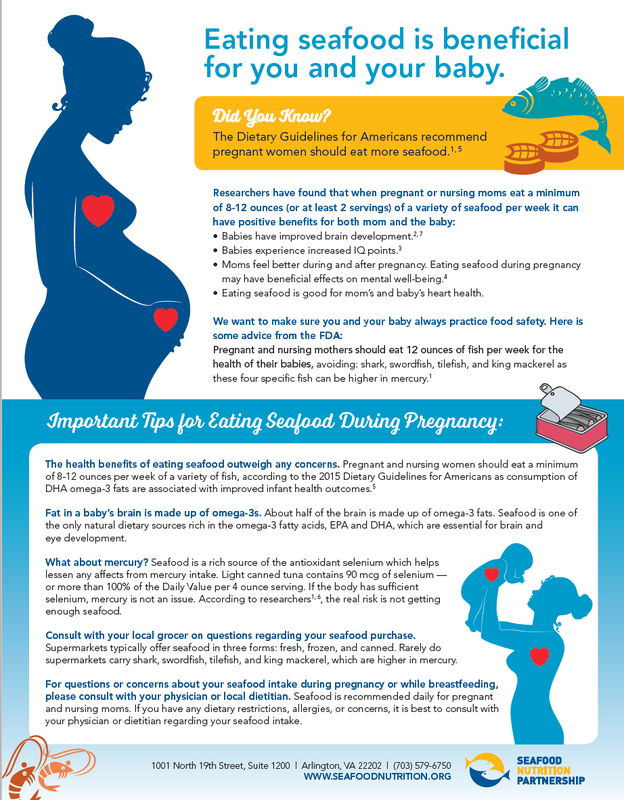How to connect with your child
7 Ways to Connect with Your Children
By Parenting Today Staff / June 20, 2022 June 20, 2022 / Dad's Corner, Expert Parenting Articles, Family Building, Mom's Corner
All parents worry from time to time that they’re not connecting with their children the way or as often as they would like. You might start to worry you don’t know your kids as well as you should or that they may be doing things you wouldn’t recommend; the fear can be almost paralyzing. The good news is that it is a solvable problem that isn’t even difficult. You’re already making great strides toward your goal by wanting to connect with your children. It’s essential to care about them and what goes on around them. Take time to realize you’re doing a good thing, which should help boost your confidence as a parent.
Talk (and Listen) to Them
The most basic way to connect with your children is to talk to them. Tell them about your day and ask about theirs. Try to remember everything they tell you. Children have a memory that just won’t quit sometimes and expect you to have the same. Ask your kids questions. It’s imperative for people to feel like the person they’re talking to cares about what they have to say. Asking questions about what your kids tell you proves you were listening and want to know more. Maintaining eye contact also shows that you’re being attentive. A recent study on parents and teen relationships revealed that using engaged listening techniques such as eye contact, nodding, and using specific keywords have a powerful effect on teens’ willingness to open up to their parents. Try not to expect your child to tell you everything about themselves in one sitting. It takes time to build the kind of connection you’re looking for, especially with teens and older children still feeling rebellious.
Take an Interest in their Interests
Sometimes just talking doesn’t work for all kids. They may have built up their guard too high to realize you want to help them. In this case, it may be a good idea to consider doing something else together. If your child enjoys video games, ask for the second controller and play along with them. Another idea is to help them with an art project. You can try to get involved in some way in anything they like to do. Your children may still try to shut you out occasionally, but eventually, you’ll find something to do together.
They may have built up their guard too high to realize you want to help them. In this case, it may be a good idea to consider doing something else together. If your child enjoys video games, ask for the second controller and play along with them. Another idea is to help them with an art project. You can try to get involved in some way in anything they like to do. Your children may still try to shut you out occasionally, but eventually, you’ll find something to do together.
Try not to seem judgmental about their hobbies. If your kids aren’t hurting anyone, you shouldn’t be concerned. If they start to feel that you don’t appreciate what they love, they may begin to push you further away.
Invite Them Into Your World
If you can’t find common ground in the things your children like to do, maybe you should look at what you enjoy. It’s not uncommon for children to forget that parents or guardians are people too. If you’re willing to show them who you are, they may open up and do the same.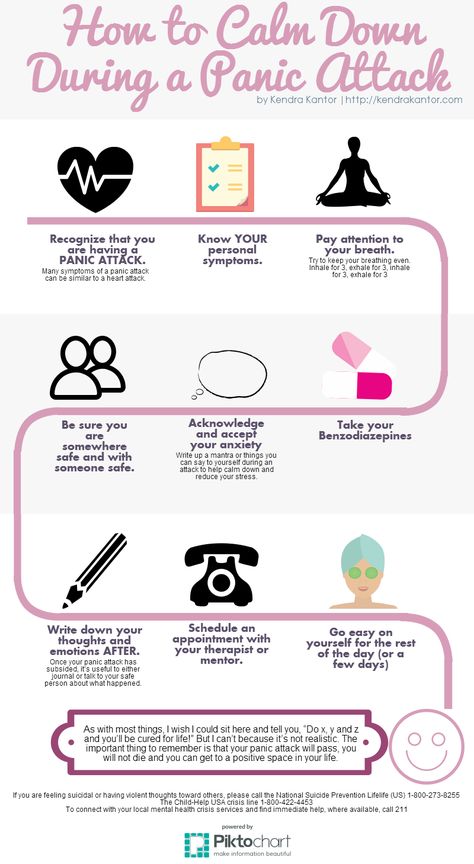 You can invite your kids to one of your favorite shows or sporting events. Let them meet some of your co-workers. If your children are old enough, you can take them to the gym or your yoga class. Anything can work as long as you can get them interested.
You can invite your kids to one of your favorite shows or sporting events. Let them meet some of your co-workers. If your children are old enough, you can take them to the gym or your yoga class. Anything can work as long as you can get them interested.
Find a New Hobby
You may find that you have no current interests in common with your child, and that’s okay. In this case, you can talk to them about finding something new for the two of you to do together. Try to find an activity neither of you has tried, and you both find at least mildly exciting and start together. Neither of you will be the leader of this new venture because no one has more experience. At least you have a shared experience to build upon, even if both of you dislike the activity.
Guilt is Not a Weapon
Never send your children on a guilt trip. It’s a cheap trick that will only cause them to resent you in the long run. Make it clear that you want to spend time with them and get to know them, but don’t try to make your kids feel bad if it doesn’t work out right away. It may take a few tries, but don’t give up; they’ll eventually give you a chance.
It may take a few tries, but don’t give up; they’ll eventually give you a chance.
There’s a Time For Friendship and a Time For Parenting
Being your child’s friend feels incredibly special and can’t be compared. However, it can be easy to take it too far. Try not to forget that you’re a guardian first. As a parent, you’re there primarily to ensure that the child in your care is safe and grows up well. It’s necessary to find a balance between parenting and friendship. You need your child to trust you enough to tell you about the things happening around them and feel safe enough to seek guidance from you.
Don’t Get Discouraged
Kids can be challenging. It may seem that no matter what you try, you still feel just as distant from them as when you started. Again, don’t give up. Your children know what you’re trying to do; on some level, they appreciate it, even if they don’t make it obvious. Start with the basics and remember that attentive listening will create more of the connection you seek. If you use the recommended methods to engage with your children, they will at least think of you when they face any struggles, and remember that at least one person cares for them. Sometimes that’s enough.
If you use the recommended methods to engage with your children, they will at least think of you when they face any struggles, and remember that at least one person cares for them. Sometimes that’s enough.
Those close moments that make our hearts melt are what makes parenting worth all the sacrifices.
"I can't believe how things with my daughter have turned around, since I started focusing on connection." - Zoe
We all crave those close moments with our children that make our hearts melt. Connection is as essential to us parents as it is to our children, because that's what makes parenting worth all the sacrifices.
That connection is also the only reason children willingly follow our rules. Kids who feel strongly connected to their parents WANT to cooperate, if they can. They'll still act like kids, which means their emotions will sometimes overwhelm their still-growing prefrontal cortex. But when they trust us to understand, to be on their side, they're motivated to follow our lead when they can.
But when they trust us to understand, to be on their side, they're motivated to follow our lead when they can.
Researchers remind us that we need five positive interactions to every negative interaction to keep any relationship healthy. And since we spend so much time guiding -- aka correcting, reminding, scolding, criticizing, nagging, and yelling -- it's important to make sure we spend five times as much time in positive connection.
But we're only human. There are days when all we can do is meet our children's most basic needs. Some days it's nothing short of heroic simply to feed them, bathe them, keep an encouraging tone, and get them to sleep at a reasonable hour -- so we can do it all over again tomorrow!
So given that parenting is the toughest job on earth -- and we often do it in our spare time, after being separated all day -- the only way to keep a strong bond with our children is to build in daily habits of connection. Here are twelve habits that don't add time to your day, but do add connection.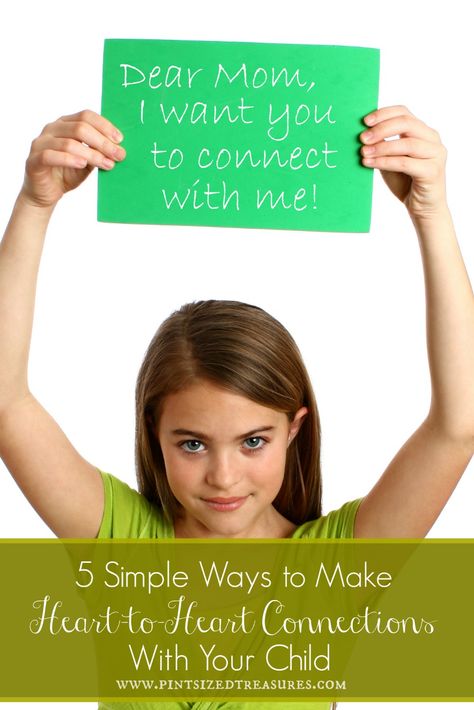 Simple, but incredibly powerful, these habits heal the disconnections of daily life. You'll find that using them daily changes everything.
Simple, but incredibly powerful, these habits heal the disconnections of daily life. You'll find that using them daily changes everything.
1. Aim for 12 hugs (or physical connections) every day.
As family therapist Virginia Satir famously said, "We need 4 hugs a day for survival. We need 8 hugs a day for maintenance. We need 12 hugs a day for growth."
Snuggle your child first thing in the morning for a few minutes, and last thing at night. Hug when you say goodbye, when you're re-united, and often in between. Tousle hair, pat backs, rub shoulders. Make eye contact and smile, which is a different kind of touch. If your tween or teen rebuffs your advances when she first walks in the door, realize that with older kids you have to ease into the connection. Get her settled with a cool drink, and chat as you give a foot rub. (Seem like going above and beyond? It's a foolproof way to hear what happened in her life today. You'll find yourself glad, many times, if you prioritize that. )
)
2. Play.
Laughter and rough-housing keep you connected with your child by stimulating endorphins and oxytocin in both of you. Making laughter a daily habit also gives your child a chance to laugh out the anxieties and upsets that otherwise make him feel disconnected -- and more likely to act out. And play helps kids want to cooperate. Which is likely to work better?
"Come eat your breakfast right now!"
or
"Little Gorilla, it's time for breakfast -- Look, you have bugs and bananas on your oatmeal!"
3. Turn off technology when you interact with your child.
Really. Your child will remember for the rest of her life that she was important enough to her parents that they turned off their phone to listen to her. Even turning off music in the car can be a powerful invitation to connect, because the lack of eye contact in a car takes the pressure off, so kids (and adults) are more likely to open up and share.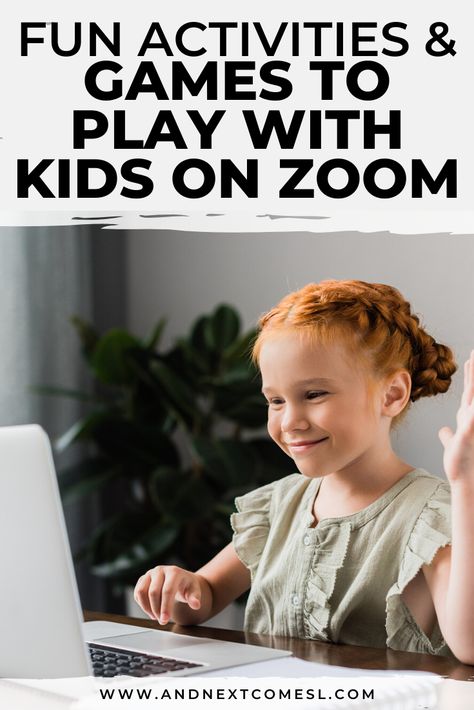
4. Connect before transitions.
Kids have a hard time transitioning from one thing to another. They need us to "co-regulate" them through those moments when they really don't want to give up what they're doing to move onto something we want them to do. If you look him in the eye, use his name, connect with him, and then get him giggling, you'll give him a bridge to manage himself through a tough transition.
5. Make time for one on one time.
Do whatever you need to do to schedule 15 minutes with each child, separately, every day. Alternate doing what your child wants and doing what you want during that time. On her days, just pour your love into her while you follow her lead. On your days resist the urge to structure the time with activities. Instead, try any physical activity or game that gets your child laughing. (For game ideas, click here.)
6. Welcome emotion.
Sure, it's inconvenient that kids have such big emotions. But your child needs to express those emotions to you, or they'll drive his behavior. Besides, this is an opportunity to help your child heal those upsets, which will bring you closer. So summon up all your compassion, don't let your child's anger trigger you, and welcome the tears and fears that always hide behind the anger. Remember that you're the one your child trusts enough to cry with, and breathe your way through it. Just acknowledge all those feelings and offer understanding of the pain. That creates safety, so he can move through those emotions and back into connection, Afterwards, he'll feel more relaxed, cooperative, and closer to you. Yes, most kids start by being angry, so you have to stay calm and patient in the face of their anger if you want the more vulnerable feelings to surface. This can be really, really hard. Regulating our own emotions in the face of our child's anger is one of the hardest parts of parenting. But that doesn't mean we're excused from giving it our best shot.
But your child needs to express those emotions to you, or they'll drive his behavior. Besides, this is an opportunity to help your child heal those upsets, which will bring you closer. So summon up all your compassion, don't let your child's anger trigger you, and welcome the tears and fears that always hide behind the anger. Remember that you're the one your child trusts enough to cry with, and breathe your way through it. Just acknowledge all those feelings and offer understanding of the pain. That creates safety, so he can move through those emotions and back into connection, Afterwards, he'll feel more relaxed, cooperative, and closer to you. Yes, most kids start by being angry, so you have to stay calm and patient in the face of their anger if you want the more vulnerable feelings to surface. This can be really, really hard. Regulating our own emotions in the face of our child's anger is one of the hardest parts of parenting. But that doesn't mean we're excused from giving it our best shot.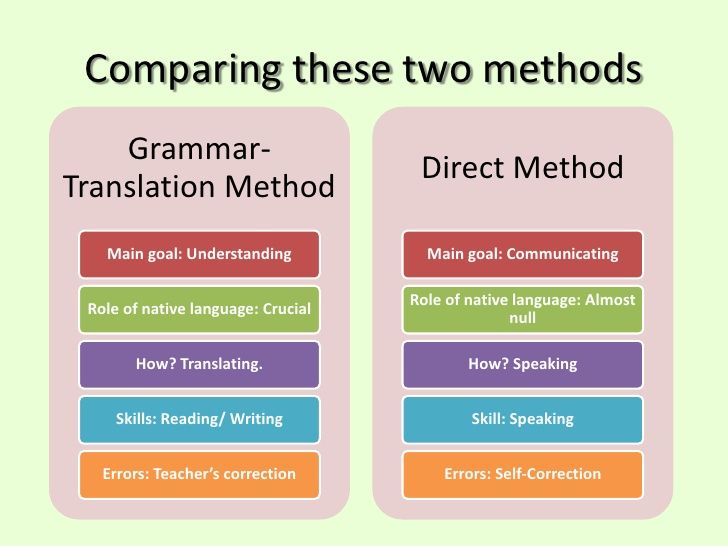
7. Listen, and Empathize.
Connection starts with listening. Bite your tongue if you need to, except to say
"Wow!.... I see.... Really?... How was that for you?... Tell me more..."
The habit of seeing things from your child's perspective will ensure that you treat them with respect and look for win/win solutions. It will help you see the reasons for behavior that would otherwise drive you crazy. And it will help you regulate your own emotions so when your buttons get pushed and you find yourself in "fight or flight," your child doesn't look so much like the enemy.
8. Slow down and savor the moment.
Instead of rushing your child through the schedule so you can spend a few minutes with them before bed, use every interaction all day long as an opportunity to connect. Slow down and share the moment with your child: let him smell the strawberries before you put them in the smoothie. When you're helping him wash his hands, put yours in the running water with his, and share the rush of the water. Smell his hair. Listen to his laughter. Look him in the eyes and meet him heart to open heart, sharing that big love. Connect in the magnificence of the present moment. Which is really the only way we can connect. (For most parents, this is also the secret to being able to tolerate playing that same game yet again.)
Smell his hair. Listen to his laughter. Look him in the eyes and meet him heart to open heart, sharing that big love. Connect in the magnificence of the present moment. Which is really the only way we can connect. (For most parents, this is also the secret to being able to tolerate playing that same game yet again.)
9. Bedtime snuggle and chat.
Set your child's bedtime a wee bit earlier with the assumption that you'll spend some time visiting and snuggling in the dark. Those companionable, safe moments of connection invite whatever your child is currently grappling with to the surface, whether it's something that happened at school, the way you snapped at her this morning, or her worries about tomorrow's field trip. Do you have to resolve her problem right then? No. Just listen. Acknowledge feelings. Reassure your child that you hear her concern, and that together you'll solve it, tomorrow. The next day, be sure to follow up. You'll be amazed how your relationship with your child deepens. And don't give this habit up as your child gets older. Late at night is often the only time teens will open up.
And don't give this habit up as your child gets older. Late at night is often the only time teens will open up.
10. Show up.
Most of us go through life half-present. But your child has only about 900 weeks of childhood with you before they leave your home. They'll be gone before you know it.
Try this as a practice: When you're interacting with your child, show up 100%. Just be right here, right now, and let everything else go. You won't be able pull this off all the time. But if you make it a habit several times a day, you'll find yourself shifting into presence more and more often.
And you'll find a lot more of those moments that make your heart melt.
Tips for parents: how to establish contact with a child
Often, the first acquaintance with psychoactive substances occurs at 11-13 years old, less often at 8-10 years old. This age is distinguished by curiosity, there is an interest in everything new, unusual. Adolescents do not yet have sufficient knowledge on the development of dependence on tobacco, alcohol, and drugs.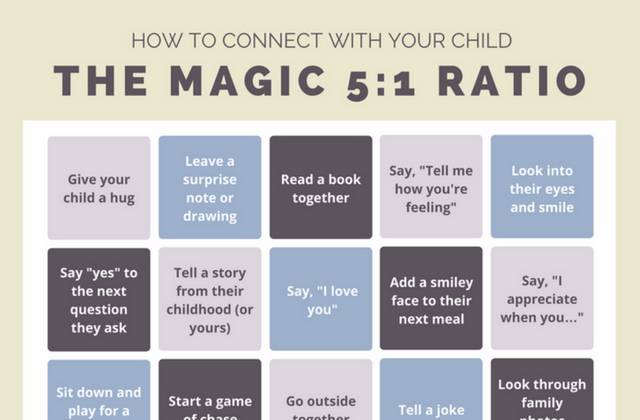 During this period, understanding, support and participation from parents is important for adolescents.
During this period, understanding, support and participation from parents is important for adolescents.
About how you can establish contact with a child in a difficult period for him, we have given in 11 paragraphs below. nine0003
Show and tell children that you love them
Unconditional parental love helps the child to confidently go through life, feel the support of relatives, and also teaches them to accept themselves and others as they are. Children are never too old to be told that they are the most beloved and most dear.
Communicate with each other
Share your impressions and thoughts with your child, and then he will learn to talk about himself with you, begin to share his experiences in response. Lack of communication makes him seek advice from other people. nine0003
Listen to each other
Encourage the child, keep the conversation going, show your interest in what he is telling you. For example, ask: “what happened next?” or "tell me about it..." or "what do you think about it?"
For example, ask: “what happened next?” or "tell me about it..." or "what do you think about it?"
Put yourself in his shoes
It often seems to a teenager that no one has ever experienced his problems. It would be nice to show that you are aware of how difficult it is for him. Agree that he can turn to you at any time when he really needs it. The main thing is that the child feels that you are always interested in what is happening to him. nine0003
Spend time together
Go to the movies, go to the stadium, go fishing, pick mushrooms, or just watch a TV show. So your child will always be in front of you and it will not occur to him to do something illegal. By supporting teenagers with hobbies that promote their development and personal growth, you take a very important step in preventing the emergence of negative addictions or addictions.
Pay attention to who your child interacts with
It is the environment that largely determines the behavior of children, their attitude towards elders, their duties, school and much more.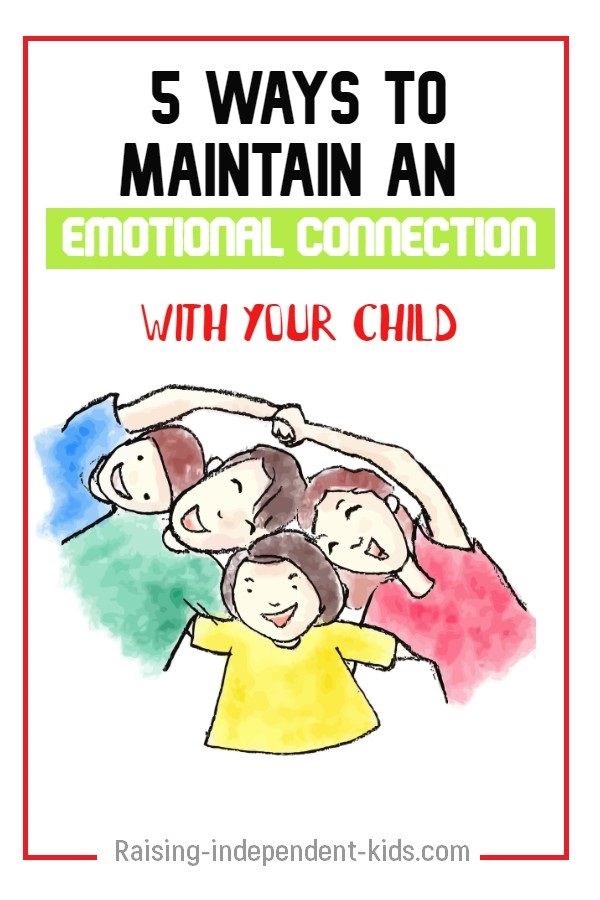 It is important during this period to try to take part in organizing the leisure of your child's friends, as far as possible, involve them in sports, creativity, and socially significant activities. By organizing leisure time, you will help not only other children, but first of all - your child. nine0003
It is important during this period to try to take part in organizing the leisure of your child's friends, as far as possible, involve them in sports, creativity, and socially significant activities. By organizing leisure time, you will help not only other children, but first of all - your child. nine0003
Remember that your child is a person
Everyone wants to feel important, special, and needed. You can help your child develop positive qualities, and build on them in the future. When your child feels that he has achieved something, and you rejoice in his achievements, his level of self-esteem rises. And this, in turn, makes him do useful and important things than the use of tobacco or alcohol. nine0003
Set a positive example
Remember, your use of alcohol, tobacco or other harmful substances, even if infrequently and on certain occasions, contributes to your children accepting it as the norm. There will be no result if you strive for the ideal in the child, and not in yourself!
Help children set realistic goals
If they or their parents expect too much, failure can be devastating to their personality.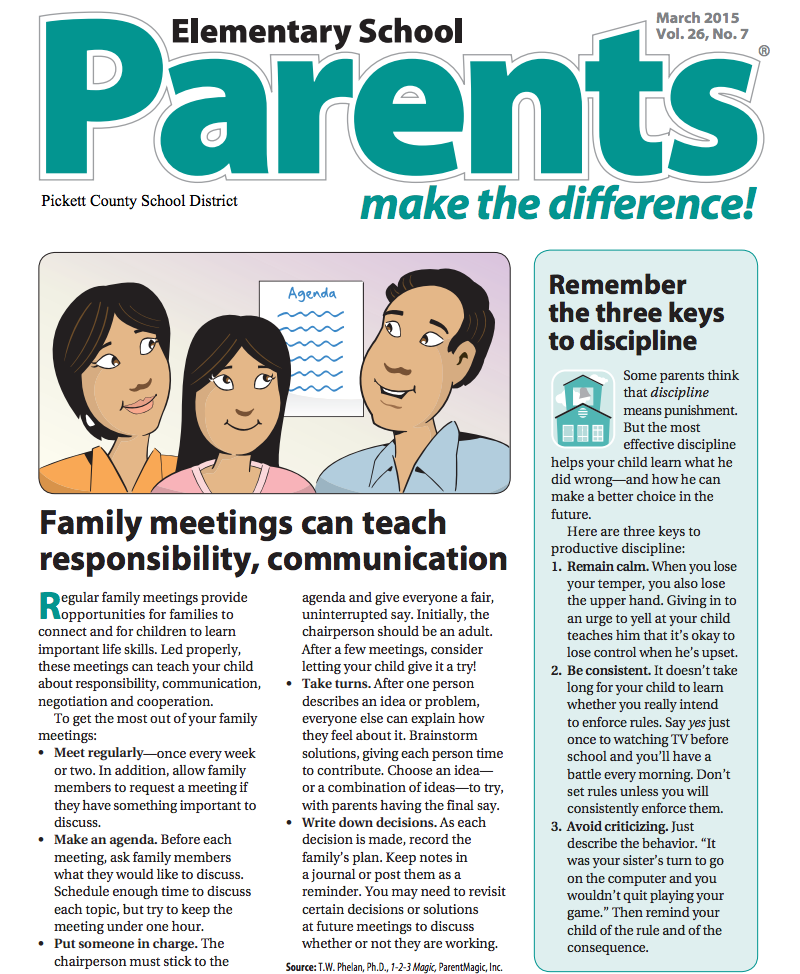 Your child should know that his personal, though objectively small in comparison with others, achievements will cause you the same pride and the same admiration as the highest achievements and victories of others. nine0003
Your child should know that his personal, though objectively small in comparison with others, achievements will cause you the same pride and the same admiration as the highest achievements and victories of others. nine0003
Give the child real responsibility
Children who have household responsibilities consider themselves significant in the family. They perceive the fulfillment of their duties as an achievement.
Teach your child to resist peer pressure
Use four rules to nurture resistance to pressure:
- Learn to appreciate the individuality in people and in yourself. At the right moment, ask to say what makes you special, unlike anyone else, unique person; nine0003
- Ask him to write a description of a true friend: “a friend is ...” and “a friend is not ...”. While he completes the task, write your description of the friend. Talk, comparing how many of the same characteristics in your descriptions and find out who is a true friend.
Teach your child to say “no” to people. Most parents teach their children to be polite, respect others, and be obedient. However, this is not enough for your son or daughter to fend for themselves; nine0003
Do teenagers persistently offer each other to drink alcohol, try drugs? You can help your child avoid these situations by introducing special rules. For example, he will not go to his friends' houses if there are no adults there or will not go to birthday parties that are held without adult supervision.
Yes, parenting is hard work, but make sure both you and your child enjoy spending time together. Remember, it's never too late to change your behavior in order to build a relationship with your child. nine0003
How to establish emotional contact with a child
For parents
I am a family therapist. Clients constantly ask me about how to establish contact with the child.
Work that takes a lot of energy and effort, exhausting climbing the career ladder, endless running on a wheel - all this does not give us the opportunity to devote as much time to the family as we would like.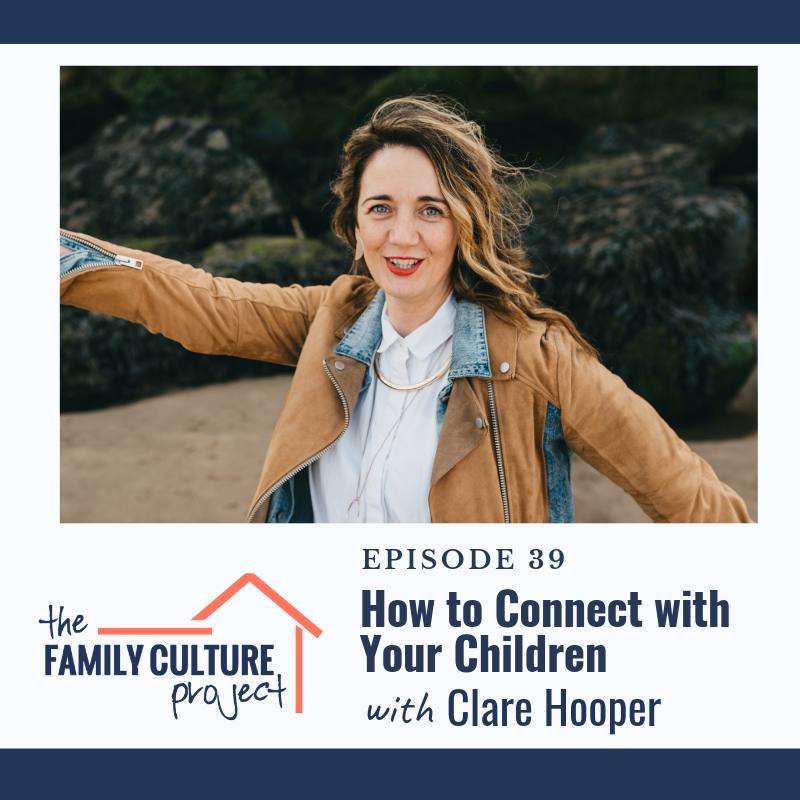 If you feel like the previous phrase applies to you, you are not alone. Many families come to me with similar problems. nine0003
If you feel like the previous phrase applies to you, you are not alone. Many families come to me with similar problems. nine0003
It's not that hard to get in touch with you. The main thing is to learn to understand the experiences of the child, to treat him with sincere interest.
1. Show interest in his hobbies
I think this is the most important thing. Sharing the interests of a child is not always easy, for example, if you support different sports teams. I'm not asking you to love everything he likes. Just show a sincere interest in his hobbies, ask questions.
2. Do not forbid the child to be angry
Children need to express their feelings, anger is a natural emotion. If they are not allowed to express their feelings, they will not learn to do so. If you punish them for expressing anger, they will decide that it is forbidden to express it, and they will accumulate anger in themselves, which in the future can cause many problems: headaches and other health problems.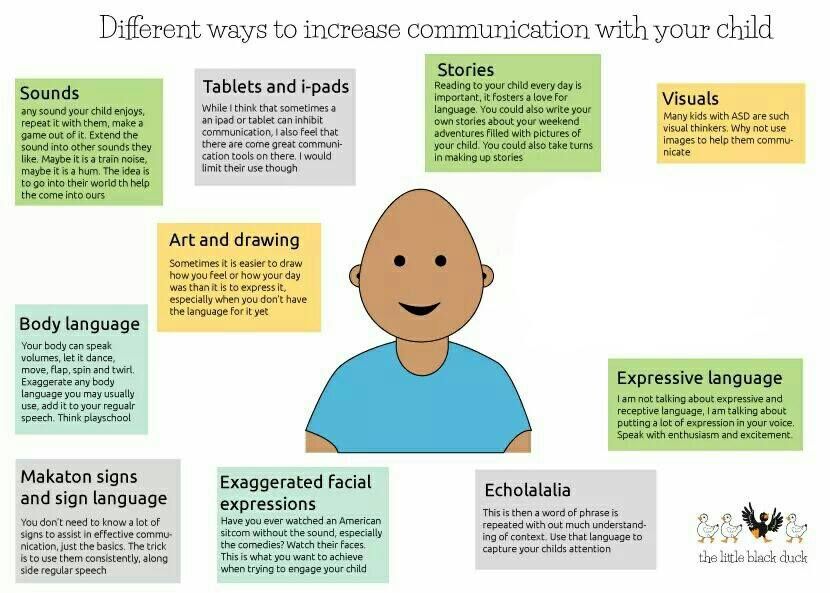 This does not mean that we have the right to express our anger without any concern for the feelings of others.
This does not mean that we have the right to express our anger without any concern for the feelings of others.
3. Every child is unique
Children are different: some are more sensitive, others rarely openly show emotions. Children learn to express emotions in many ways: playing in the yard, watching their peers, imitating their parents. A significant role is played by genetic predisposition and the influence of the environment. nine0003
Create an atmosphere in your family that allows you to express emotions in different ways. As adults, we are different, and we should not expect all children to behave in the same way.
4. Do not indulge him beyond measure
Such a mistake is easy to make both for adults who were not allowed to express emotions freely in childhood, and those who come from poor or single-parent families.
It is important not to spoil the child by trying to create for him a happy childhood, which we have been deprived of. If a child does not know the word "no", he will not learn to respect others. He will believe that he has the right to take anything and do whatever he pleases. Children need limits and want you to set them so they can tell good from bad. In addition, restrictions teach them self-respect. nine0003
He will believe that he has the right to take anything and do whatever he pleases. Children need limits and want you to set them so they can tell good from bad. In addition, restrictions teach them self-respect. nine0003
5. Be a role model
“Do as I say, not as I do!” - the wrong approach to education. If you tell them not to binge on cookies, and you take one after another, they will wonder why you do it. It's okay to make mistakes, but it's important to take responsibility for them. The child should know that you can rely on: if you promised to take him to the movies or for a walk in the park, then be sure to keep your word.
Remember to take care of yourself. Get enough sleep, opt for natural foods, drink plenty of water, exercise, and rest when needed. nine0003
Education is hard work. Make sure that both you and your child enjoy spending time together. It's never too late to change your behavior to improve your relationship with your child. Even when it seems to you that the child is pushing you away, in fact, he wants you to be around.